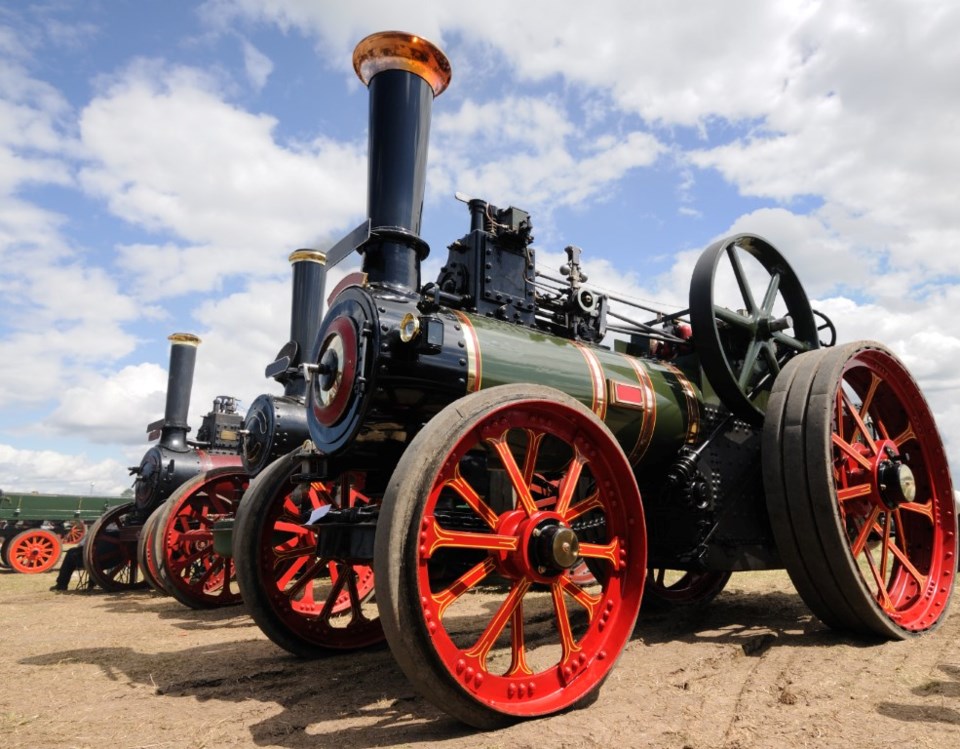YORKTON - It takes energy to produce crops – that is simply the way it is.
At times that has meant Doukhobor women pulling plows over the land because horses were not affordable.
It has meant horses at work in the field.
It has meant steam engines.
Today it generally means diesel powered tractors.
Collectively they have provided the power to plant, protect and reap crops –crops that are largely headed to markets which will eventually see them become food for human consumption.
It’s a rather critical process, and one which will see growing pressures as arable farmland is lost to desertification, urban sprawl, salinity and other impacts.
At the same time world population continues to grow with little effort to control that growth in any way.
But, what about the use of non-renewable fuels, and the impact that has on our environment – especially with an eye to climate change and what impact it has in that regard?
It’s a huge ‘elephant-in-the-room’ situation for agriculture and society.
On the one hand there are pressures to reduce greenhouse gases and non-renewable fuel use, and on the other hand there is the constant need to affordably feed the world.
The two sides do seem very much at odds.
So what is the solution?
Well it’s doubtful any one solution will solve both sides of the equation, and ultimately food production needs to win out in some economically fashion for producers.
But, that does not mean changes in how farmers farm cannot be part of the solution.
As noted farm power has evolved through the decades, and will likely need to again as we move forward.
While farmers may not be able to turn off the diesel tap in the foreseeable future at least, the sector is likely to see increases interest in, and use of electric power.
Will that mean an electric four-wheel drive tractor pulling massive air seeders over hundreds of acres?
At present that might seem an unattainable panacea, but there are at least some inroads being made in that direction.
For example Knegt, a Dutch company is releasing a new electric tractor in North America aimed at horticulture, greenhouse and livestock operations.
The tractor line is not high horsepower, and has limitations in terms if how long they work on a charge, but they are a step, and it is reasonable to anticipate other companies following suit, and in time ever larger tractor units being offered in electric versions.
How that evolution unfolds and how it impacts the farm sector will be an interesting story line over the next decade, or so.






